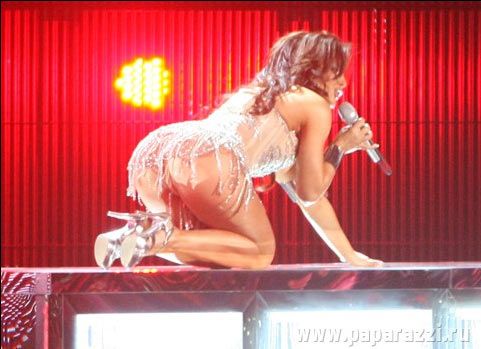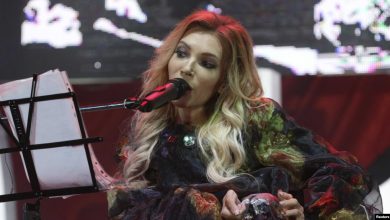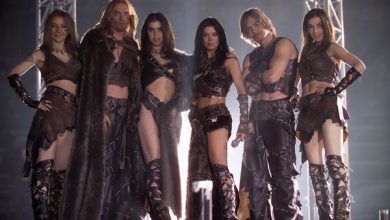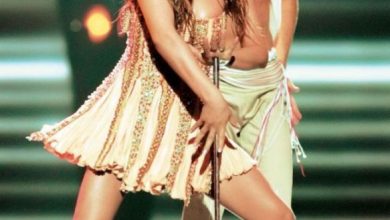Eurovision Song Contest: Juries To Return
The eastern blocs domination of the Eurovision Song Contest could be over – voting is being axed and juries will be brought back to ensure fairness.
Russias Dima Bilan won in 2008, with top marks from neighbouring countries
After years of tactical voting and neighbouring countries clubbing together so their pals would win the title, the competition has long been labelled a politically-motivated farce.
The last straw apparently came in this years competition, which was won by Russia.
Sir Terry Wogan threatened to quit as commentator after 37 years in the job because of the repeated predictable voting.
But Britain could be in with a chance once more after it was announced that next years final, due to be held in Moscow, will feature votes from viewers as well as a jury.
Sir Terry had called for juries to return after the UK, represented by former X Factor star Andy Abraham, came last.
In contrast, Russia received the maximum 12 points from former Soviet states Estonia, Latvia, Lithuania, Ukraine, Belarus and Armenia, as well as Israel.
In a rant live on television at the end of the show, Sir Terry criticised the contest for becoming “ridiculous”, stating: “I dont want to be presiding over yet another debacle… Russia were going to be the political winners from the beginning.”
Bucks Fizz won for Britain in 1981
The UK has only finished in the top 10 once in the last 10 contests and has finished outside the top 20 four times in that period.
Ruurd Bierman, chairman of the Eurovision reference group, said: “We strongly believe in televoting as a way of measuring the opinion of our millions of viewers across Europe.
“After the public debate about neighbour and diaspora voting, we decided to give the national juries a say in the outcome of the 2009 Eurovision Song Contest”.
The exact form of the jury/public vote split is yet to be decided.
National juries were responsible for allocating all Eurovision votes until 1997.
sky.com, 16.09.08
This post is also available in:
 English
English  Русский (Russian)
Русский (Russian)






